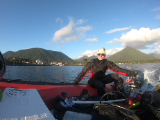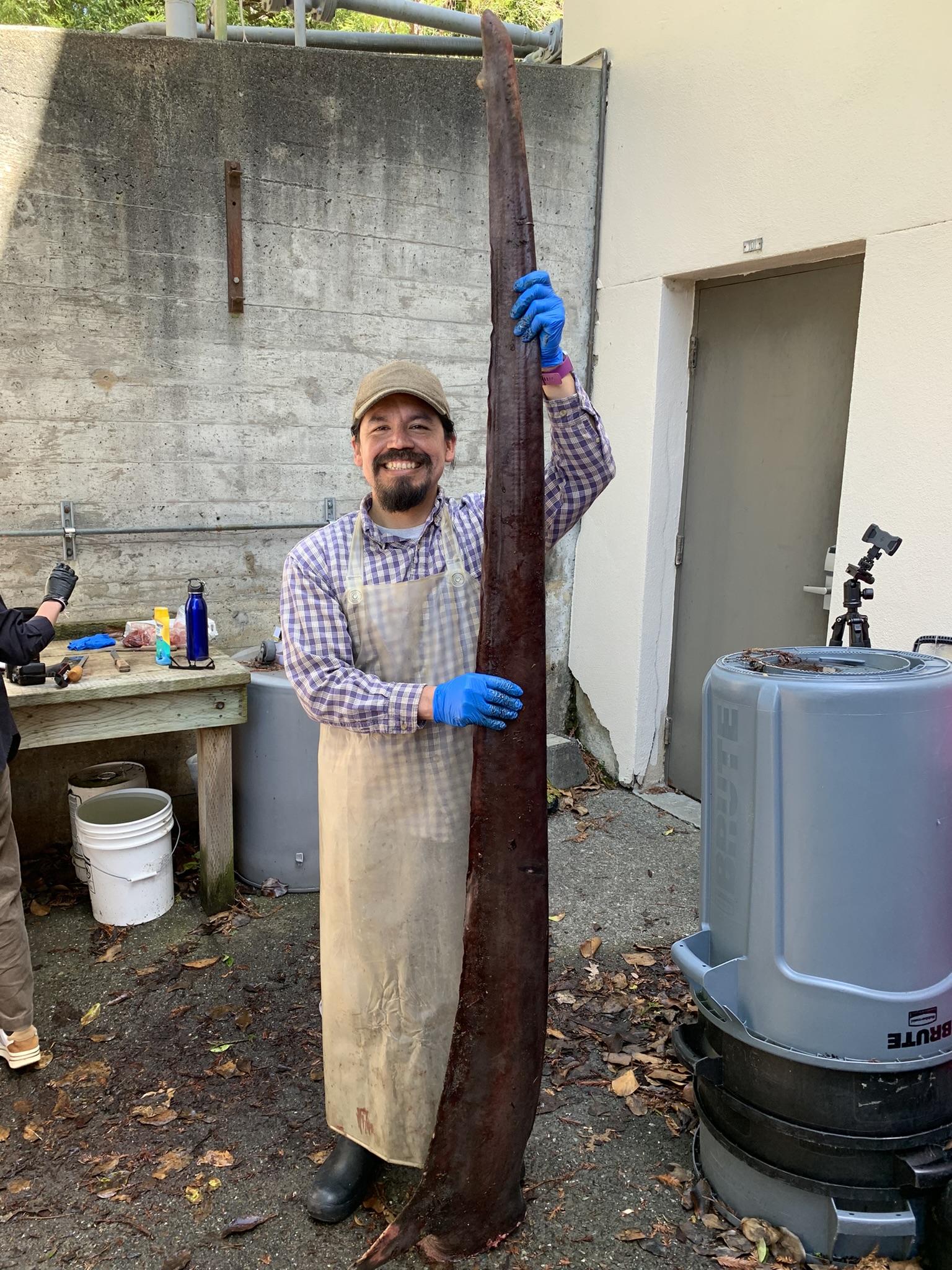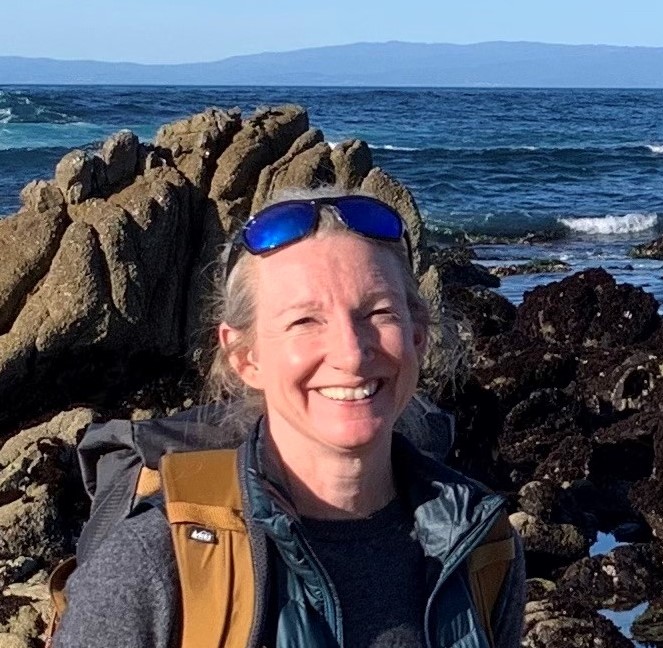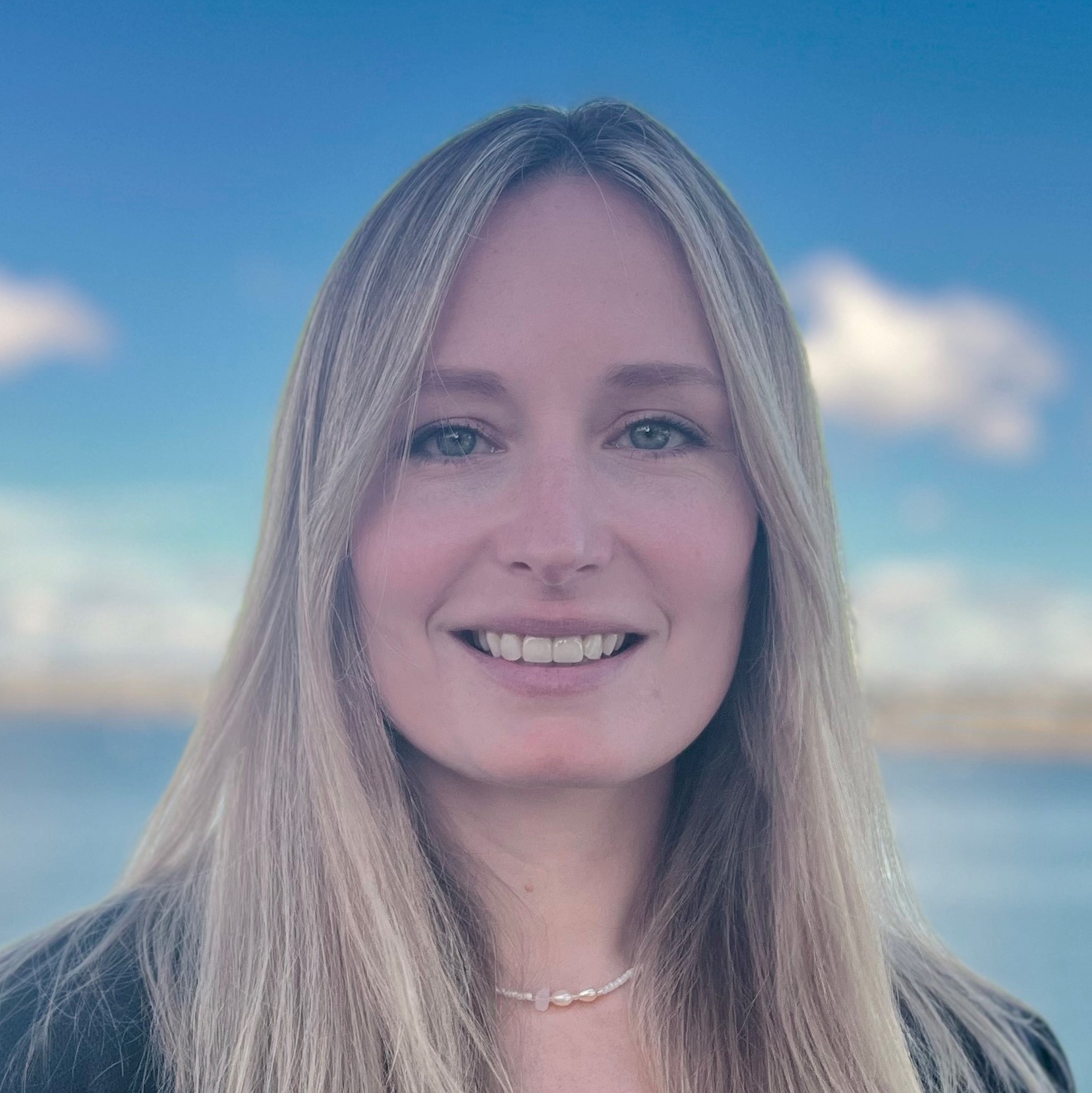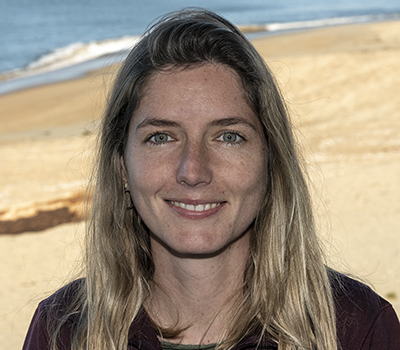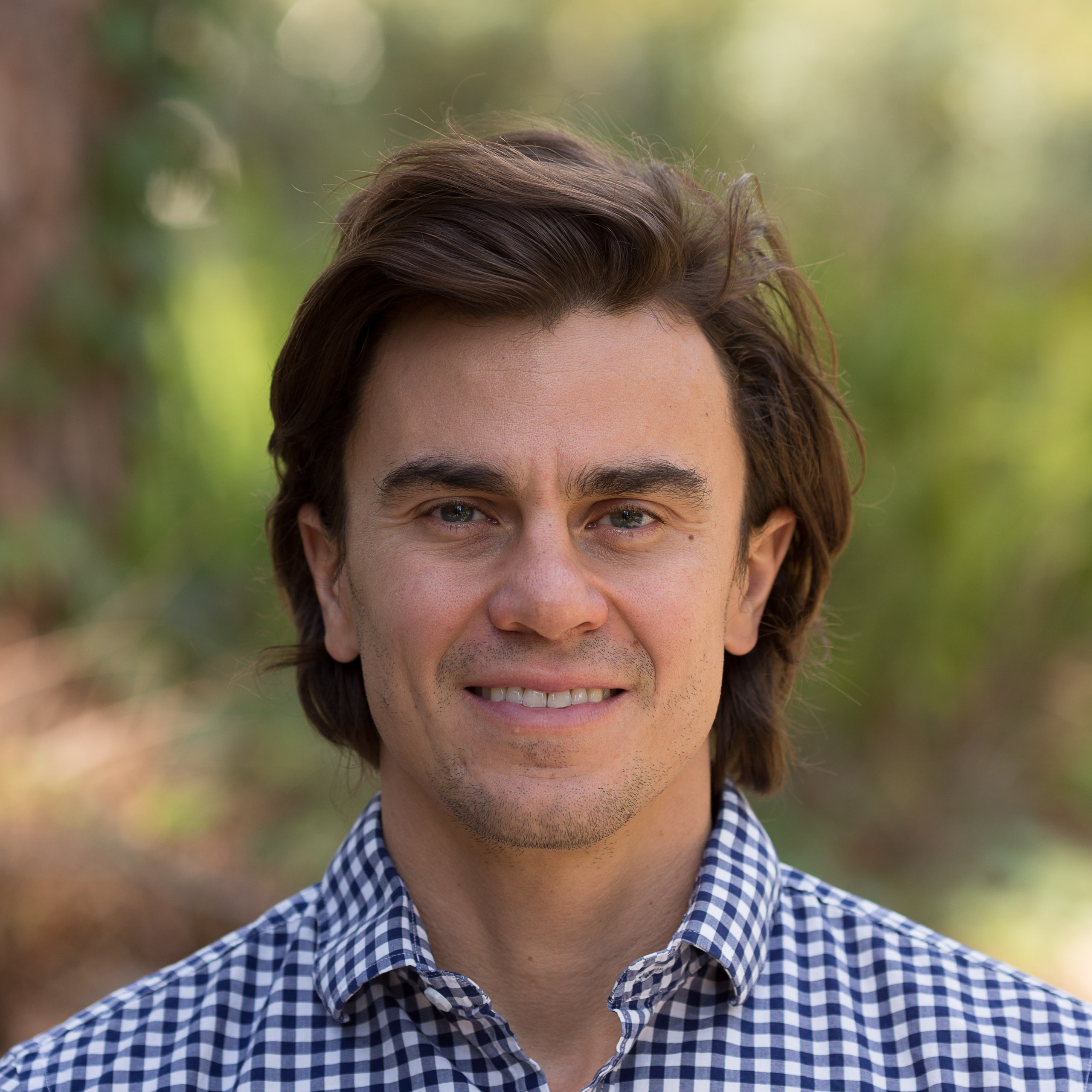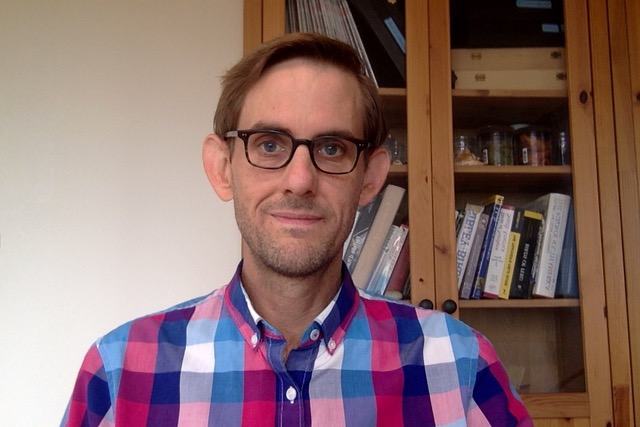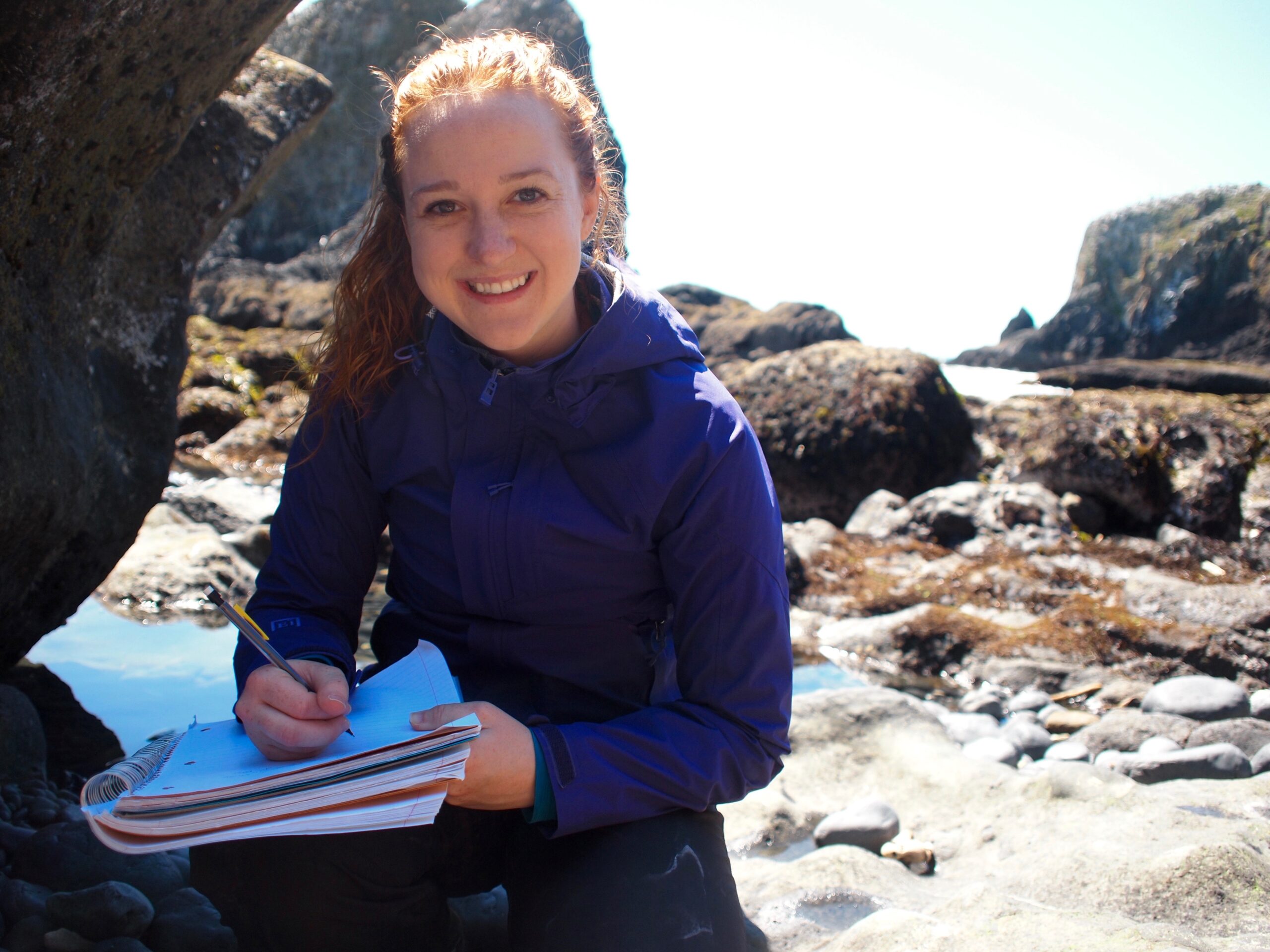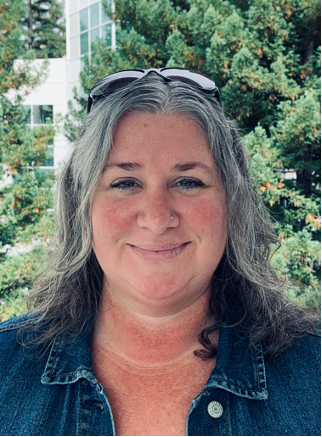
Abstract:
Biological dinitrogen (N2) fixation is a critically important component of the marine N cycle, as it supplies readily-available nitrogen (N) and can support primary productivity. N2 fixation is mediated by some Bacteria and Archaea, referred to as diazotrophs. These specialized single-celled organisms convert nitrogen gas from the atmosphere and convert it to biologically available nitrogen via nitrogen fixation. Marine nitrogen-fixing microbes inhabiting the well-lit surface ocean have diverse physiologies, from free-living autotrophs to particle-bound heterotrophs to symbiotic associations with eukaryotes, and few cultivated marine nitrogen-fixers are available to study in isolation. Their distributions and nitrogen-fixing activities are controlled by a complex interplay between physical and chemical controls and biological interactions that vary from species to species. My research uses cultivation-independent techniques and biogeochemical rate measurements to advance our understanding of the environmental drivers behind the distribution and activity of some of the most enigmatic nitrogen-fixing taxa. Today I will talk about some recent research centered on the importance of enigmatic marine nitrogen-fixing symbioses in both oligotrophic and coastally-influenced ecosystems.
Bio:
Kendra is a marine microbial ecologist studying specialized microbes that convert nitrogen gas into bioavailable nitrogen, which is a vital process supporting oceanic primary productivity. Her research focuses on understanding the ecophysiology of poorly understood nitrogen-fixing microbes, an effort fundamental for improving our ability to predict the magnitude and distribution of nitrogen fixation in contemporary and future oceans. Many nitrogen-fixers have yet to be isolated in culture, so Kendra’s research relies on extensive field work and applying cultivation-independent techniques to detect and study these cryptic microbes. Kendra’s uses single-cell rate measurements, targeted molecular techniques, metagenomics, and biogeochemical rate measurements to enable integration across huge spatial scales in the ocean.


